In the heart of every car enthusiast… beats a love for the roar of an engine. We’re drawn to the sleek lines of a passionately-designed chassis, and the freedom encapsulated in the turn of a key. Yet, the world is racing toward a future dominated by electric vehicles (EVs) that are micromanaged by government policies. And many of us feel a knife being stabbed in our backs. On the surface, the push towards EVs is driven by a seemingly noble quest to curb emissions & combat climate change. However, we seem to be overlooking complexities & consequences of such a transition. As someone deeply immersed in car culture & engineering, I can’t help but question it. Are we accelerating down (and legislating) a path fraught with more problems than solutions?
You have to understand that for a car enthusiast…
Automobiles represent freedom, art, history, therapy, exhilaration, sport, hobby, etc. All these things. You don’t necessarily have to agree with it… but I am asking for you to understand it. From our perspective, the mandated march towards electric vehicles evokes a sense of stripping freedoms, creativity, and expression. It’s not just about nostalgia. And it’s not even a resistance to change. It’s about confronting the reality that the EV-centric future, as currently envisioned by policymakers, may not be the panacea it’s made out to be.

The Hidden Costs of Electric Dreams…
The narrative around EVs is initially compelling: Clean green machines paving the way to a carbon-neutral future. However, this narrative glosses over the environmental & ethical quandaries tied to EV production. The mining of cobalt and lithium are not environmentally friendly. Sure, the cell phone argument can be made, but EV’s used more of these minerals in 2021 than all new cell phones & laptops combined. The pollution (and landscape devastation) from battery production, and the daunting challenge of battery disposal further complicate the environmental equation. It suggests that the switch to EVs might not be as clean as it appears.
Cobalt & lithium are essential components of EV batteries…
And mining for them wreaks havoc on the earth. The process scars landscapes, pollutes waterways, and (in places like the Congo) is mired in human rights abuses. Read Cobalt Red by Siddharth Kara for an eye-opening revelation of the materials we require in our day-to-day lives. As it unfolds, the toll on communities & ecosystems have proven to be immense. And it raises serious questions about the true cost of our electric vehicles.
Moreover, the production of EV batteries releases significant amounts of CO2, diminishing the environmental benefits when comparing the full life cycle of EVs to ICE vehicles. The narrative that EVs are unequivocally cleaner is unraveling. And it’s revealing a complex trade-off between ‘immediate emissions’ and the broader environmental impact of their production & disposal.
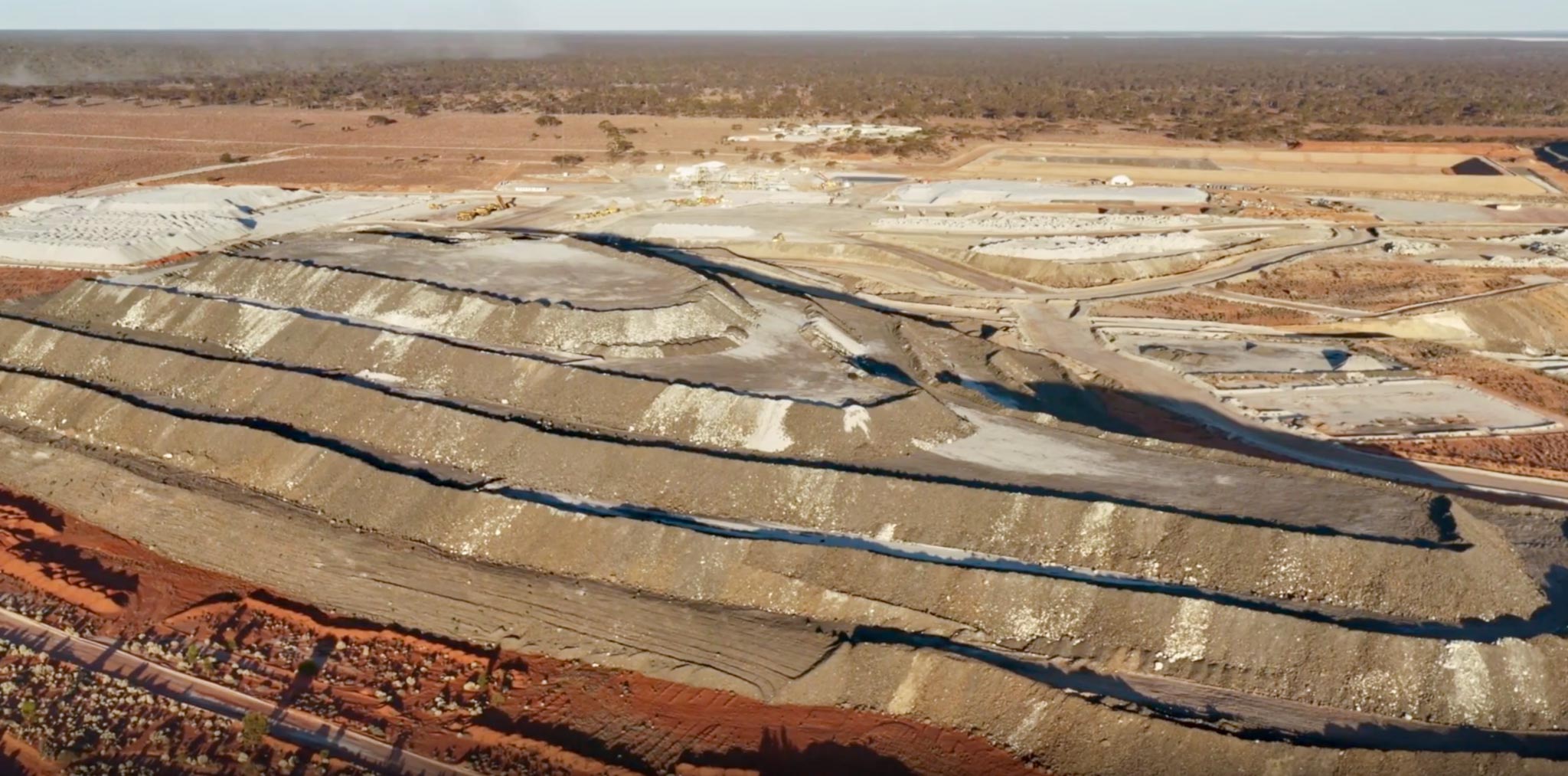
A More Realistic Path Forward…
As a car enthusiast, my critique is not rooted in resistance to change… but in a desire for sustainable & practical approaches to environmental stewardship. Hybrid vehicles, plug-in hybrids, and hydrogen fuel cell vehicles present compelling alternatives that seem sidelined in the current legislative discourse.
Hybrids and plug-in hybrids offer a bridge. They blend the efficiency & lower tailpipe emissions of electric power with the range & convenience of traditional fuels. Additionally, they represent a more attainable step to reducing our carbon footprint… without the infrastructural and ethical burdens (and unknowns) of a full shift to EVs.
Hydrogen fuel cell vehicles, though less talked about, hold promise for the future as well. They can provide range & refueling times akin to ICE vehicles, while emitting nothing but water vapor. The challenge lies in producing & distributing hydrogen sustainably. But with investment & innovation, hydrogen could play a crucial role in a truly clean automotive future. Amid the rush towards electrification…
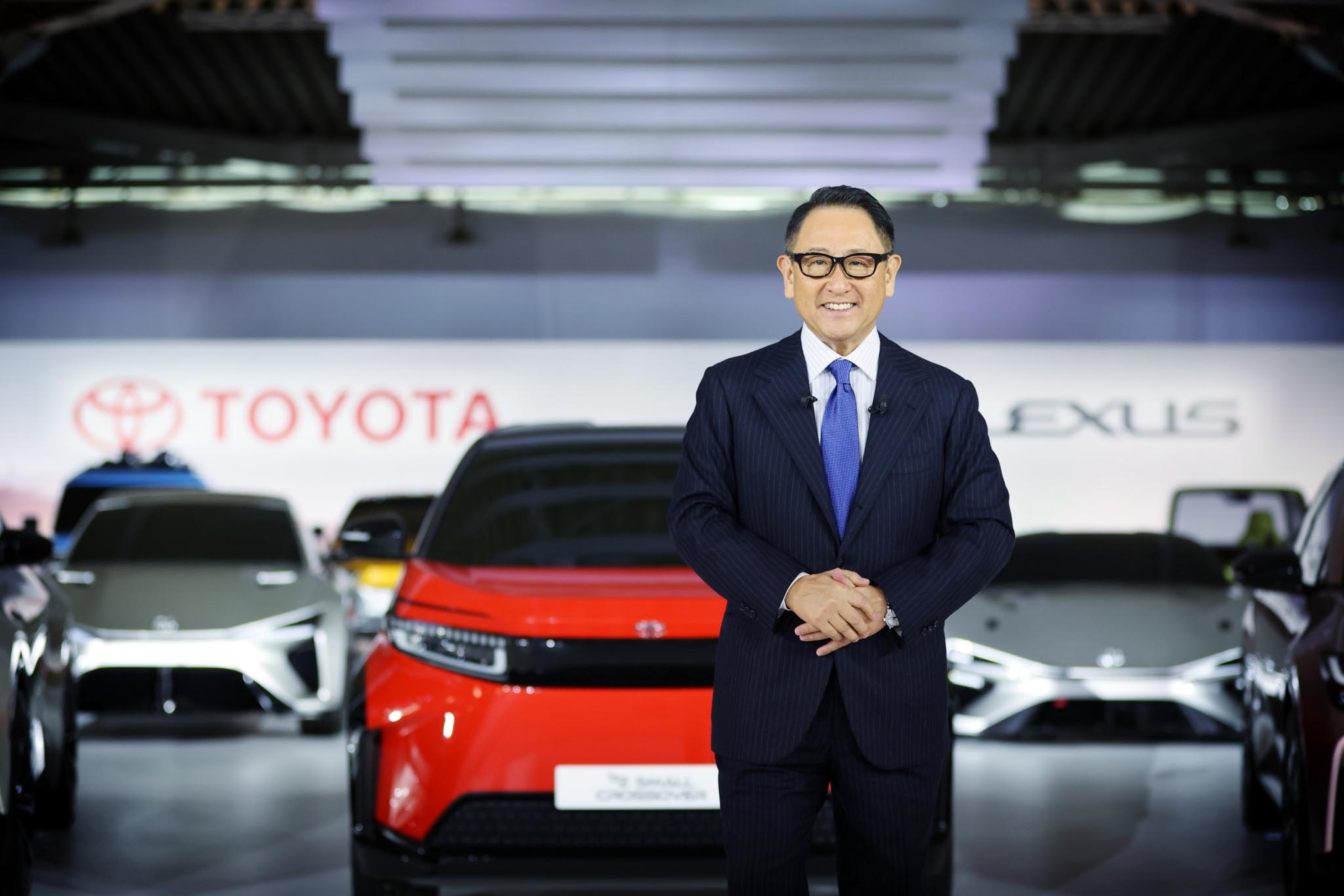
Voices from within the automotive industry advocate for a more measured & diversified approach.
Akio Toyoda, former CEO, chairman BOD, & bloodline of Toyota… has been a vocal critic of the EV-only strategy. He emphasizes the limitations of current technology & infrastructure. Toyoda has highlighted the immense energy requirements for battery production, pointing out that when considering the entire lifecycle, some electric vehicles consume more carbon than their gasoline counterparts.
Toyota’s stance is encapsulated in their 1:6:90 rule…
Which underscores a philosophy of balance and efficiency: 1% inspiration (innovation), 6% perspiration (hard work & development), and 90% conservation (optimizing existing technologies). This rule advocates for a diversified approach to reducing emissions, emphasizing the role of hybrids, plug-in hybrids, and more efficient internal combustion engines alongside EVs.
Toyota’s 1:6:90 rule also applies to production. What it takes to produce 1 full EV, is roughly equal to what it takes to make 6 plug-in electric hybrids… or 90 hybrid vehicles. Toyota’s strategy is a call to broaden our focus, recognizing that an over-fixation on electrification may overlook other viable options.
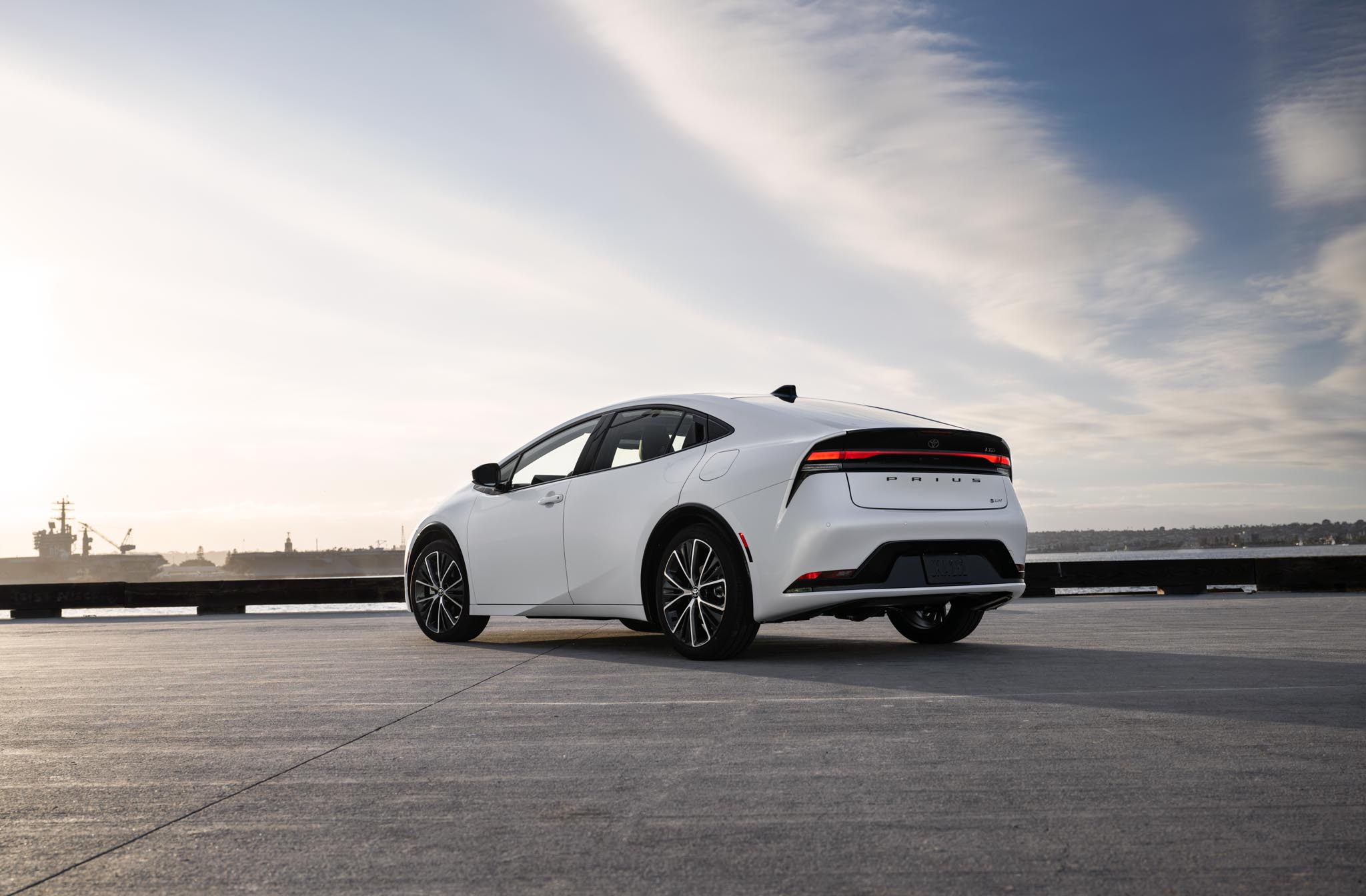
The Case for Diversity in the automotive future…
Pushing for an EV-dominated future feels akin to placing all our bets on a single horse in a race with many variables. Toyota’s emphasis on a mix of electrified options (including hybrids), alongside continuous improvements in ICE efficiency, offers a blueprint for a more balanced & prepared transition. It acknowledges that no single solution fits all needs. And that the road to sustainability is one of innovation, pragmatism, and gradual change.
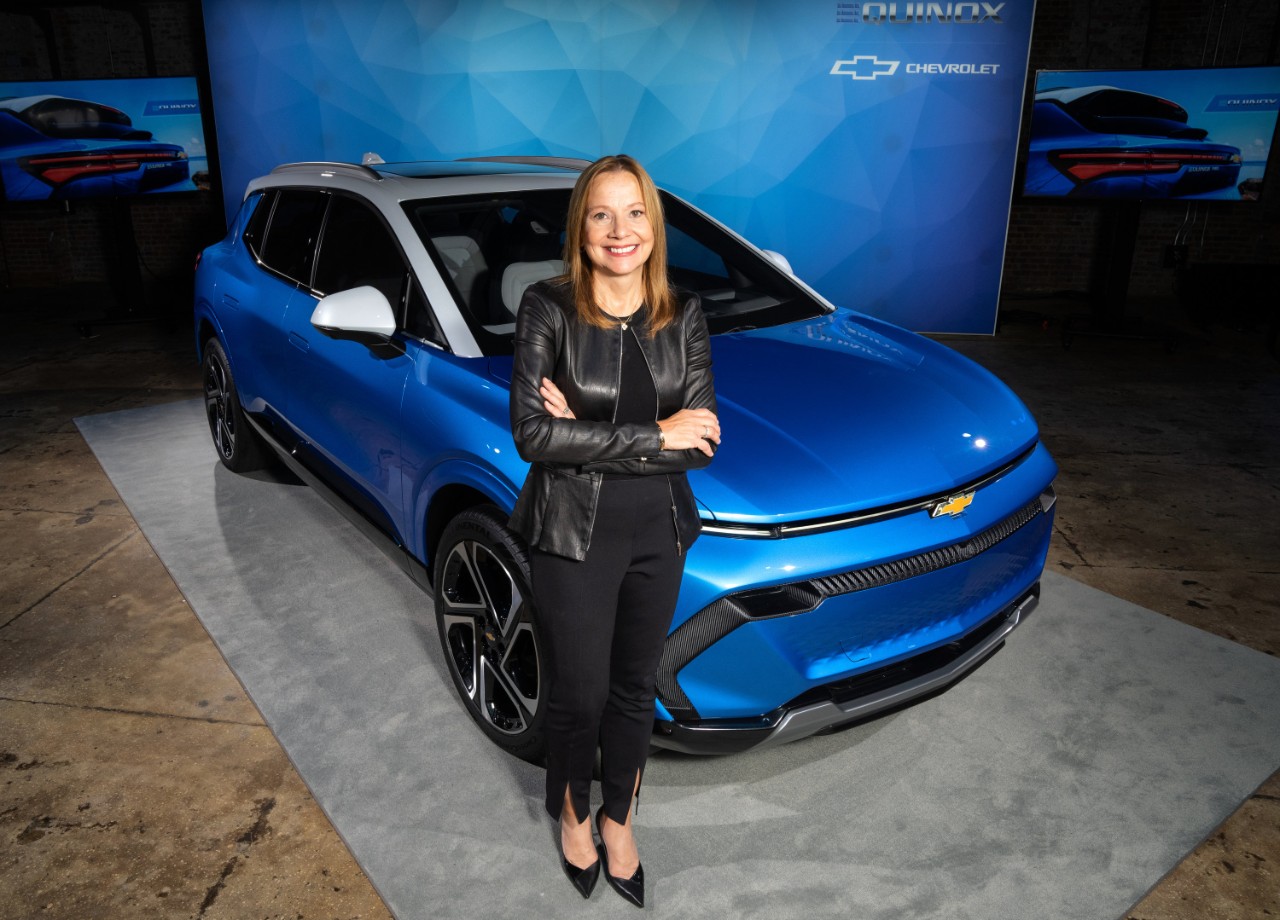
The automotive industry at large is finally beginning to echo Toyota’s cautionary stance…
Major brands such as Ford, GM, and Mercedes (initially bullish on an all-electric future), are recalibrating their strategies in light of practical challenges, market realities, and consumer demands. For example, Ford has faced significant challenges ramping up its EV production. They’ve grappled with supply chain issues & the high costs of battery production. Similarly, GM has tempered its EV ambitions, recognizing the need for a more gradual transition that includes a mix of vehicle types to meet diverse consumer needs. Both Ford and GM have had crippling quality control issues on their electrified vehicles, and both are dealing with EV inventory sitting stagnant on dealership lots.
Mercedes too, has signaled a more nuanced approach to electrification. While continuing to innovate in the EV space, Mercedes has also now underscored the importance of hybrid technologies as a critical step towards reducing emissions. One that comes without the full infrastructural & ethical burdens associated with a rapid & full-scale shift to BEVs.
The automotive industry’s recent shift…
Reflects a broader understanding that the road to sustainability is complex. It underscores the need for solutions that are not only technologically feasible, but also socially & ethically responsible. In addition, this also has to be something that consumers want to embrace. And are financially able to embrace. The fact that major brands are reevaluating their approach to electrification, should not be seen as a step back, but as a necessary recalibration towards more achievable, genuinely sustainable approach.
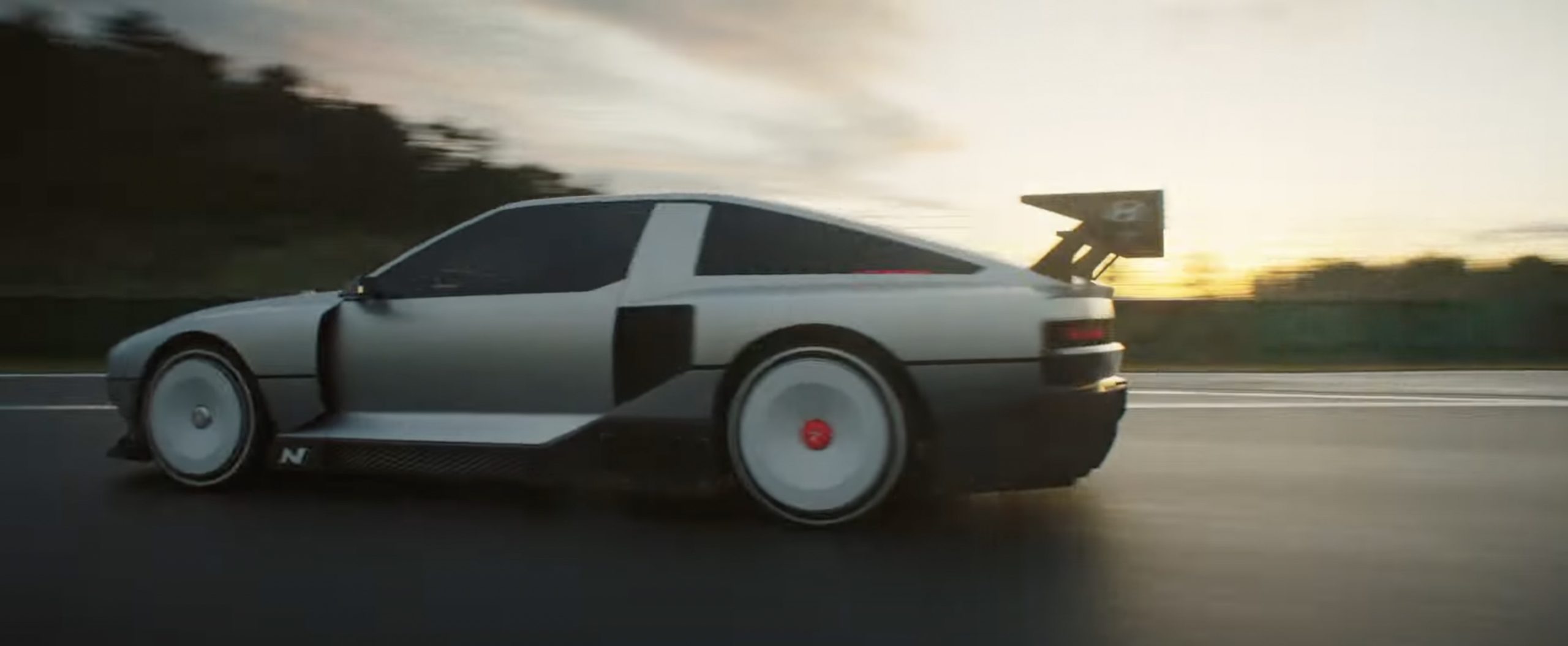
As we navigate the road towards a cleaner automotive future…
It’s crucial to steer the conversation towards solutions that consider the full spectrum. And when we say full spectrum, we’re including environmental, ethical, and practical implications. Let’s champion a future where innovation thrives, where diverse automotive technologies coexist, and where car enthusiasts can embrace change without forsaking the essence of driving.
The automotive industry’s pivot, led by insightful leaders like Akio Toyoda (and echoed by industry giants adjusting their sails), serves as a reminder that our journey is a marathon, not a sprint. By embracing a diversified approach that includes but is not limited to electric vehicles, we can navigate the complexities of this transition with pragmatism. Our journey towards an authentically sustainable future should not be a zero-sum game or a guilt-driven sales tactic. It should be a collective effort to explore all avenues. And we don’t have to lose the spirit of car culture in the process.

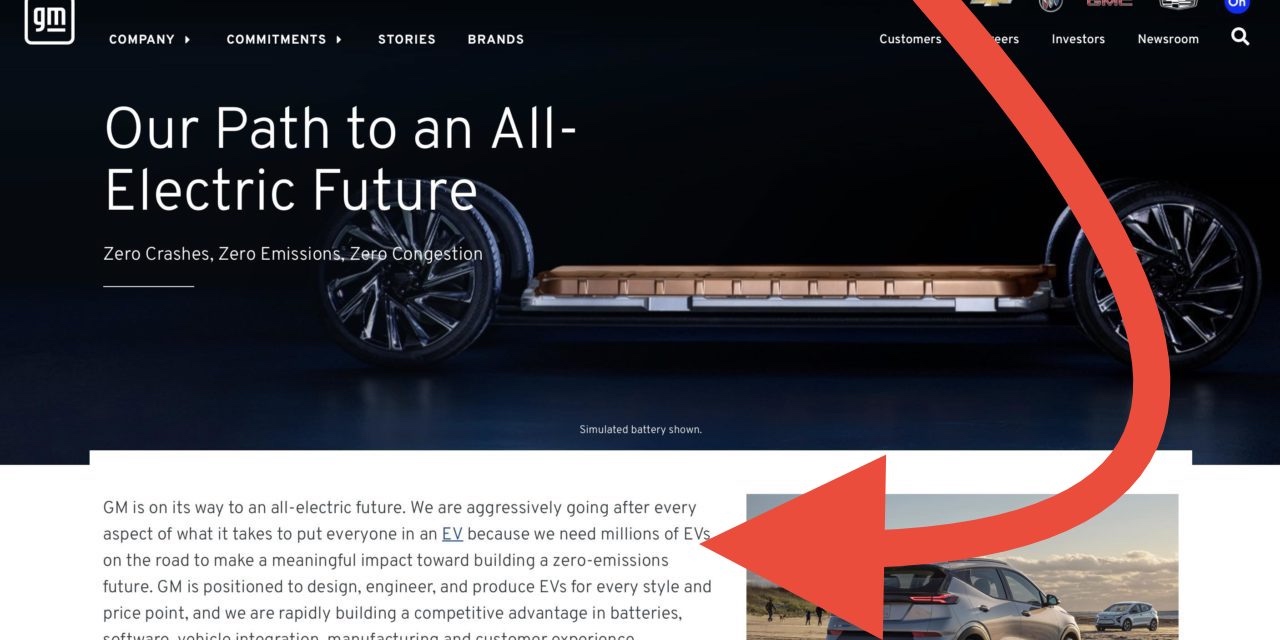



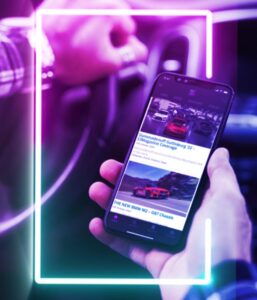




While we’re at it, lets bring back diesels